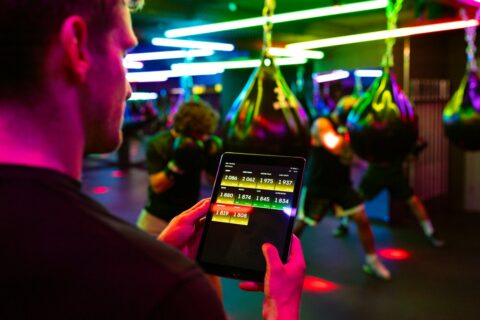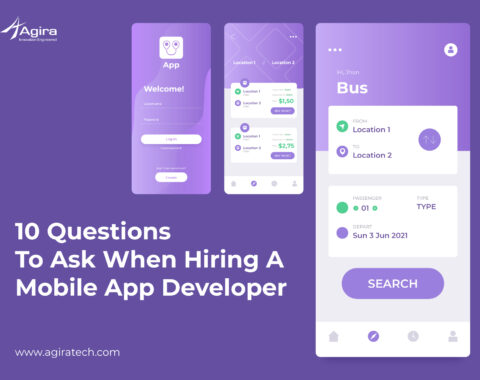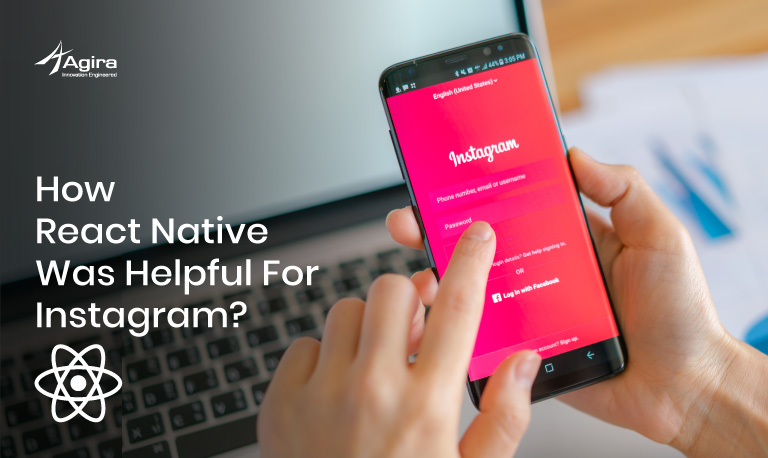Table of Contents
The success of the fitness app is largely dependent on the user’s engagement. Most individuals cannot motivate themselves to exercise by fitness apps alone. But giving app users the option to participate with an online exercise community has a significant influence.
The social components of commercial fitness applications have huge potential to enhance physical activity participation, according to Flinders University in Adelaide, Australia.
People will be more excited about their applications if they can share their physical activity results. They can share the progress with app communities and social networking sites.
The study, titled Psychological factors underlying the connection between commercial physical activity app usage and physical activity engagement. It looked at 1,300 participants (88 percent women, ages 18 to 83). More than half of whom used a commercial physical activity app, such as Fitbit and others.

Encourage Physical Activity Engagement
The social components of physical activity apps, according to the findings, are especially effective in encouraging physical activity engagement. Because they can promote social support and favorably affect motivation and beliefs in one’s ability to conduct physical exercise.
Also Read:12 Best Healthcare Apps For Patients To Rule Healthcare Industry In 2022
Furthermore, the usage of app-specific communities and existing social networking platforms greatly increased physical activity participation. This can further contribute to the success of a fitness app.
Dr. Ivanka Prichard of Flinders University’s Caring Futures Institute says that these social posts can act as a promotion. “Sharing postings and getting encouragement offers the social support many individuals need to stay motivated with fitness regimens. And this doesn’t alter across various age groups.”
Create A Detrimental Impact On Exercisers
Another important conclusion was that the more competitive a person is, the more advantage popular workout applications provide.
Both the enjoyment obtained from physical exercise and the personal importance put on the consequences of physical activity encourages app users.
“These intertwined goals lead to increased physical activity participation.”
However, if one can utilize social networking in direct comparisons, there is evidence that online interactions might have a detrimental impact on exercisers.
“In contrast, engagement was related with reduced self-efficacy and stronger external regulation, and, as a result, decreased physical activity,” Prichard said, underlining the significance of exercising for enjoyment as well as the health advantages that exercise may give.
Improve User Participation
The social components of commercial fitness applications have considerable potential to improve physical activity participation. According to new research led by Flinders University Ph.D. candidate Jasmine Petersen.
Also Read: How We Build Industry Transforming Healthcare Applications?
Jasmine Petersen, Lucy Lewis, Eva Kemps, and Ivanka Prichard’s paper, was published in Psychology of Sport and Exercise. It says Psychological processes underlying the association between commercial fitness app use and physical activity participation.
Nearly 1300 persons were studied, with more than half of them using a commercial fitness app. Due to the game-like incentives and prizes integrated into the applications, more competitive individuals responded better to the apps. And ended up participating in much higher levels of physical activity.
Kindle Competitive Nature
According to Dr. Prichard, this shows that persons who have a competitive nature may gain the most from utilizing exercise applications.
Users are driven by the pleasure from physical exercise and the personal value put on the consequences of physical activity.
The social components of physical activity apps, according to this study, are especially effective in encouraging physical activity engagement. Because they can promote social support and favorably affect motivation and beliefs in one’s ability to conduct physical exercise.
However, when social networking is utilized to make direct comparisons. It was shown that online interactions might have a detrimental impact on exercisers.
“In contrast, engagement was related with reduced self-efficacy and stronger external regulation, and in turn, lower physical activity,” Dr. Prichard adds, underlining the significance of exercising for enjoyment as well as the health advantages that exercise may give.
So, when are you going to add a social connection button to enhance your fitness app success?
Talk to our experts right now. Hire the best mobile application developers from Agira technologies to build top-notch fitness applications for your users.










